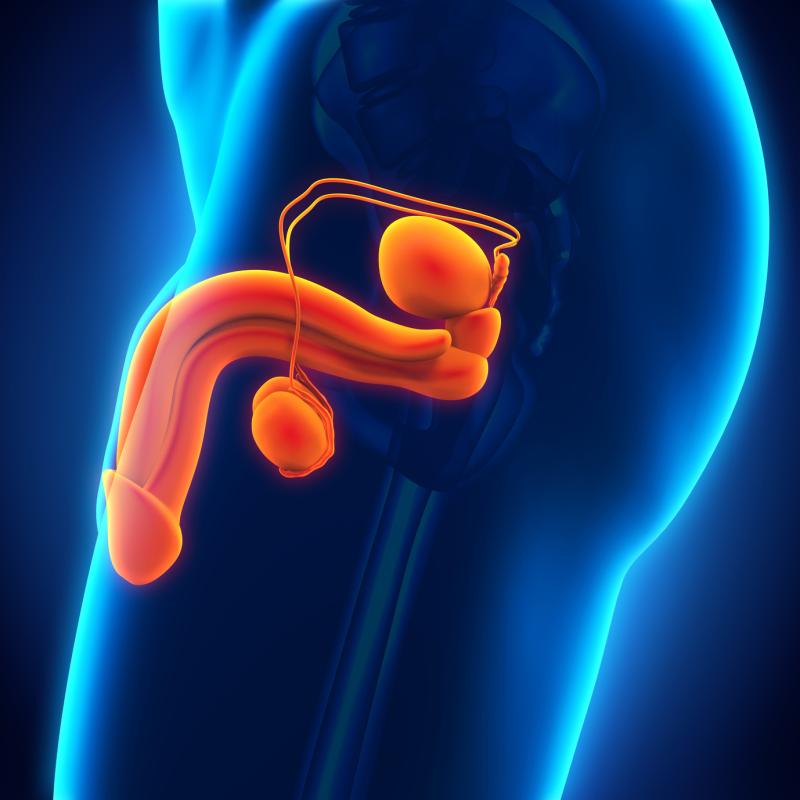Sexual Dysfunction in Men
It is a condition that negatively affects the normal functioning of sexual activities. Sexual dysfunction in men Erectile problems occur due to premature ejaculation. It can also occur in various ways, such as orgasm problems or lack of sexual desire. Such problems may occur due to psychological, physical or relationship-based reasons. It can affect personal quality of life and create psychological stress. It can be resolved with appropriate treatment and support.
Symptoms of Sexual Dysfunction in Men
In the case of erectile dysfunction, men experience difficulty in achieving arousal and erection. Symptoms include inability to achieve an erection, inability to maintain erection, and loss of erection. Premature ejaculation is characterized by ejaculation too soon after the start of sexual intercourse.
Lack of control can cause problems such as involuntary ejaculation and dissatisfaction in the relationship. In case of delayed ejaculation, men wait a much longer time than usual for orgasm after sexual stimulation. Or they may not experience it at all. The situation can create dissatisfaction and stress. Some men may lose their desire. In this case, a decreased interest or reluctance towards sexual activity may be observed.
Experiencing pain or discomfort during intercourse can also be considered a disorder. This may be due to physical or psychological reasons. Some men may not be able to experience orgasm despite stimulation or may have difficulty in this process. Sexual dysfunction in men symptoms, can be seen in different ways. The causes may be physical, psychological or complex.
Factors That Cause Sexual Dysfunction in Men

Stressful life events such as work, relationship problems, and financial difficulties can cause sexual dysfunction. Depression can reduce desire and lead to erection problems. It may be caused by insecurity or negative body image. Some medications, antidepressants and hypertension medications can cause this condition.
Diabetes can cause nerve damage and blood flow problems, which can lead to the disorder. Heart diseases can cause circulation problems that can lead to the condition. Hormonal imbalances, especially low testosterone levels, may contribute. Aging may increase the risk in men. Erection problems are often associated with old age.
It may be caused by excessive alcohol consumption or drug use. It can exacerbate problems. It may cause relationship problems. These factors may include lack of communication, insecurity in the relationship, and other problems. Sexual trauma or abuse may have a cause and require professional help.
Unhealthy eating habits and low physical activity levels may contribute. Sexual dysfunction in men If you are experiencing it, you should see a doctor to address the problem and receive appropriate treatment. It is important to identify the underlying cause of the problem. Appropriate treatment options need to be determined. Treatment options may include psychotherapy, medications, lifestyle changes and other methods.
Treatment Methods for Sexual Dysfunction in Men

Low testosterone levels can cause the problem. Testosterone supplements can correct this condition. Therapy offered by a sex therapist or psychologist may help. A healthy diet can positively impact sexual health. Regular exercise improves overall health and may support sexual function.
Limiting smoking and alcohol use can have a positive effect. Vacuum devices can help achieve erection. Obtaining sexual information and education can help understand and manage the problem. Open communication with the partner is important in solving problems. Addressing the issues together can support the treatment process.
Treatment methods for sexual dysfunction in men The most appropriate option varies depending on the type of problem and its causes. It is important to talk to a healthcare professional to get more information about treatment options. Additionally, addressing sexual health issues can be embarrassing. However, getting expert help on this issue is important to improve sexual health and quality of life.






